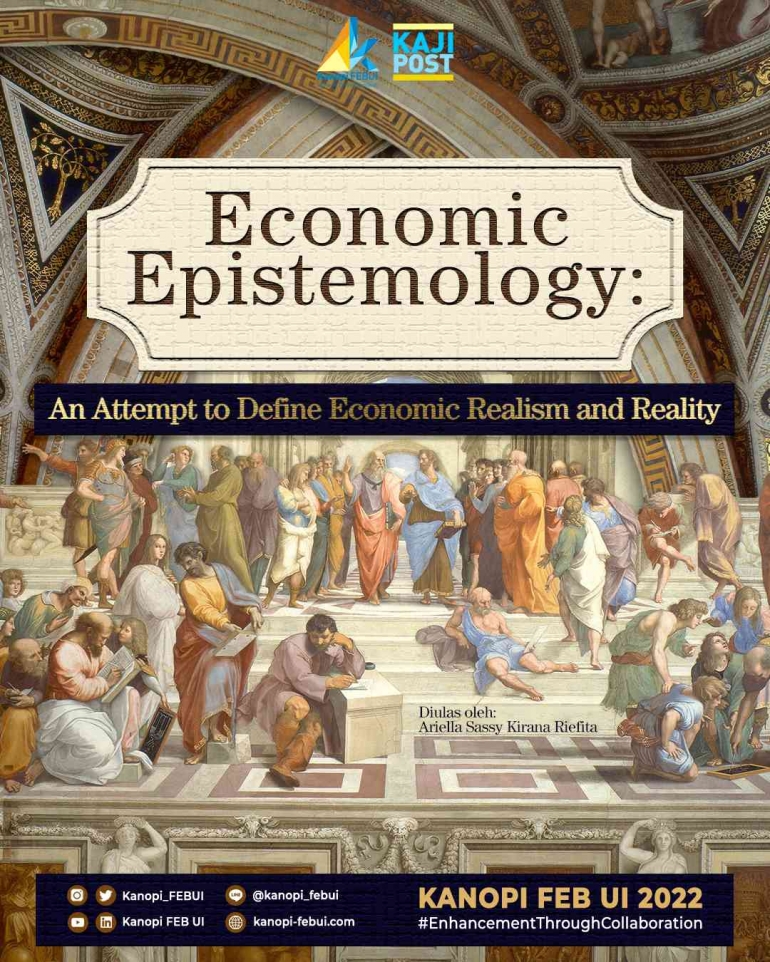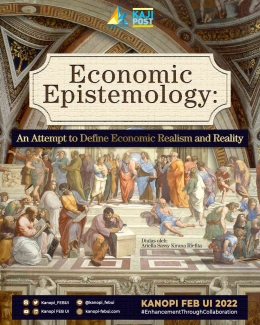It is just like when we ask people in surveys what theories they implement in running a company. They don't answer just because they think it's true, but rather because the simplified theories are useful for explaining the complicated reality of running a firm. Regardless of the approach, the scientific method (many sciences such as physics and meteorology that create models) requires that every model yield precise and verifiable implications about the economic phenomena it is trying to explain.
Instead, economics (and every other social science) must make do with theoretical models in which reality seeps in through the foundations rather than verification. As a result, while economists' laws are not as true in the same way as Newton's and Galileo's, that doesn't mean they're not true outside of textbooks: provided that each causal mechanism is correctly developed, they have to be correct in the abstract, and their correctness in the real world depends on how closely their initial assumptions match reality.
References
Hausman, D. M. (2018, September 4). Philosophy of Economics. Stanford Encyclopedia of Philosophy. Retrieved September 7, 2022, from https://plato.stanford.edu/entries/economics/#FrieDefeUnreAssu
Friedman, Milton. Inflation and Unemployment - Nobel Prize. https://www.nobelprize.org/uploads/2018/06/friedman-lecture-1.pdf.
Milton Friedman "The Methodology of Positive Economics" In Essays In Positive Economics (Chicago: Univ. of Chicago Press, 1966), pp. 3-16, 30-43.
Keynes, J. N. (1891). The Scope and Method of Political Economy.
Baca konten-konten menarik Kompasiana langsung dari smartphone kamu. Follow channel WhatsApp Kompasiana sekarang di sini: https://whatsapp.com/channel/0029VaYjYaL4Spk7WflFYJ2H







